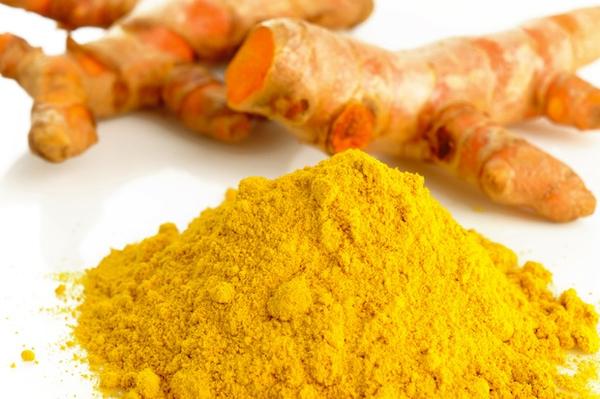The second leading cause of cancer-related death in America, colon cancer, is projected to take over 50,000 lives in 2013, just in the US. The steep death toll can be prevented, however, because the causes of colon cancer are preventable and are no coincidence. Cancer of the colon is based on risk factors acquired through lifestyle decisions.
These risk factors do not include stereotypical medical excuses like family genetics and being over 50.
Stereotypical colon cancer risk factors debunked
People of the same family may harbor similar genes, but more importantly, they may pass on the same mindsets. Similar negative gene expression may actually come from families who tend to practice and teach the same philosophies about thinking, eating and medicating.
In fact, gene expression can be completely altered and changed in the face of cancer when a new mindset and eating approach is undertaken. (Certain substances like turmeric can alter proteins in colon cancer cells.)
Age is no risk factor for cancer, either. Just because a person is over age 50, doesn’t mean they need a colonoscopy from a medical doctor. One can be completely confident that they are not harboring cancer by knowing their nutrition levels and understanding their body’s signs and the condition of their stool.
If there’s one assurance that trumps all, it’s the understanding that natural substances like turmeric have the greatest impact on killing cancer cells in the colon. Turmeric, and its active ingredient, curcumin, has been tested for its ability to destroy colon cancer cells at the Department of Surgery, Dalhousie University, Halifax, Nova Scotia, Canada.
The results, were astounding.
Curcumin obliterates colon cancer cells
In the study, researchers looked at three kinds of colon cancer cells, p53(+/+), p53(-/-) HCT-116, and p53 HT-29.
Cancer cell death was observed through curcumin’s ability to reduce pro-caspase-3 levels, polymerase-1 cleavage and chromatin condensation. In a time- and dosage-dependent manner, curcumin caused wild-type p53 HCT-116 cells to self-destruct, while obliterating mutant p53 HT-29 cells in their tracks.
The researchers were so astounded that they proposed that curcumin may actually have therapeutic potential in the management of colon cancer. With its ability to inhibit the growth of neoplastic cells, curcumin is king against colon cancer. In the presence of curcumin, colon cancer cells went through a process of phosphorylation, which is a complete altering of the function and activity of certain protein enzymes. This was all for the better, as oxidative stress was alleviated and superoxide anion production was increased.
Read more: Natural News

